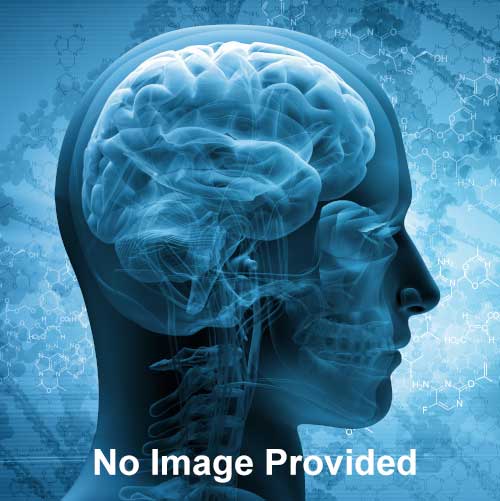August 19, 2019
Too busy or lazy to read Melville's Moby Dick or Tolstoy's Anna Karenina? That's OK. Whether you read the classics, or listen to them instead, the same cognitive and emotional parts of the brain are likely to be stimulated. And now, there's a map to prove it.
Neuroscientists at the Un...
Read More










